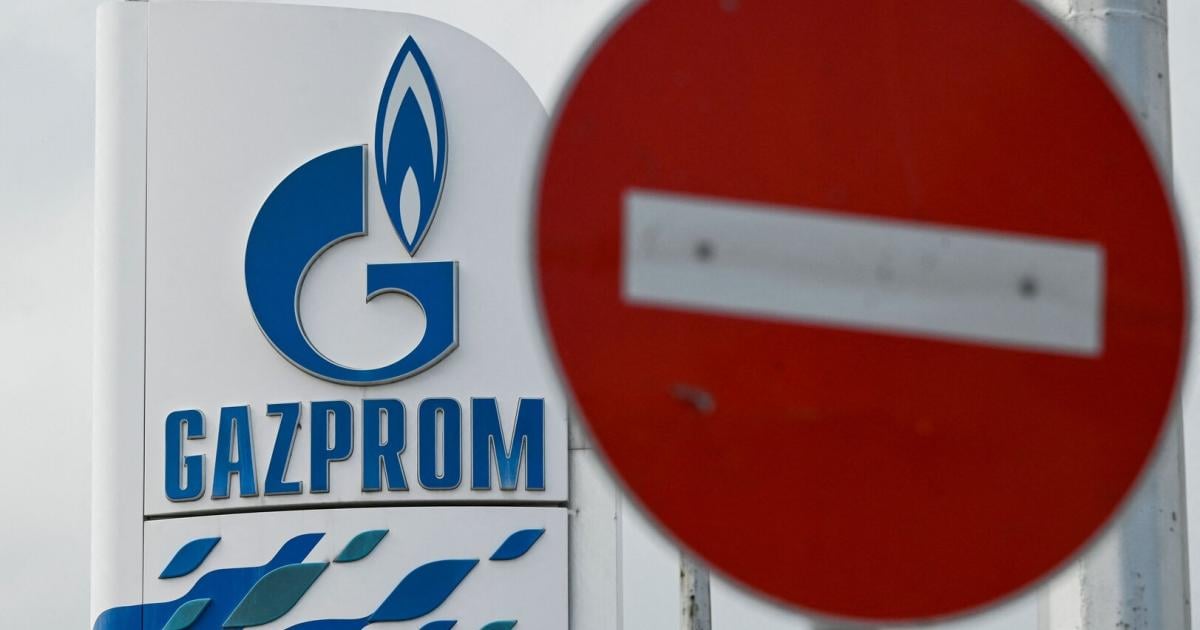The Russian one Gazprom Group has announced its Gas deliveries to the OMV from today, Saturday. Opinions differ about the price development after the delivery stop.
The former OMV boss Gerhard Roiss Although he does not expect the price of gas to rise to the wartime level of 2022 (at times over 300 euros per MWh), there will certainly be price-driving effects in the short term, he said Ö1 morning journal. A price increase has already occurred on the stock exchange.
Roiss calls for price-dampening measures
“The problem we have here is that these price jumps also affect the price of electricity via the gas power plants and thus fuel inflation again,” said the former OMV boss. He is therefore calling for price-dampening measures from the government. His suggestion: Using portions of the state’s strategic gas reserves, the gas supply should be increased on the stock exchange – if necessary – in order to reduce the price.
According to Roiss, the legal basis for this must be created – and quickly. The consumer should not be the victim of price increases if no action is taken: “One thing is the security of having gas. The other is the instrument to influence the price on the stock exchange. This is determined by supply and demand. Here is “The danger that speculators will act and here the state must use this amount of gas, this reserve, to have a price-stimulating effect.”
Gewessler: No price jump
Environment and Energy Minister Leonore Gewessler (Greens) confirmed in Ö1 lunchtime journal, that There was a brief price jump on the European trading platform after Gazprom’s announcement on Friday, “but that has now declined again.”
“As of today, there are no indications that prices for end customers will rise noticeably – in the short term or with a view to next year,” said the minister.
She is skeptical about Roiss’ proposal: “The state reserve is a safety cushion for absolute emergencies,” says Gewessler. It serves to ensure that apartments stay warm and companies can produce in the event of a gas shortage. “That’s the law at the moment “A release can only be made in an emergency – she herself would advise caution. “An important safety cushion for an absolute emergency should not be given up without necessity.”
With regard to the gas that Austria receives via Germany, Gewessler said: “The announced abolition of the gas storage levy must come – otherwise natural gas will become unnecessarily more expensive in Austria.” We are in discussions with our German colleagues about this.
“Situation already expected”
Also according to the E-Control economist Johannes Mayer No noticeable price increases are expected in the upcoming heating season. “Such a situation was already expected on the markets. In addition, the suppliers have largely hedged their prices for this winter,” he said in an interview with the on Saturday morning WHAT.
The consequences of the delivery stop are also likely to remain minimal for customers with variable contracts. “Once you have signed a contract like this, you will feel it slightly. But the impact is permanent.” Mayer estimates that consumers with so-called float tariffs will currently face a maximum increase of one to two euros per month.
In the longer term, i.e. beyond the winter of 2024/2025, the development of the price level is currently difficult to estimate. “We can already see that the markets are nervous,” said Mayer. From today’s perspective, however, the market assumes that prices will remain stable in the fourth quarter of next year. “This is good news for households.”
